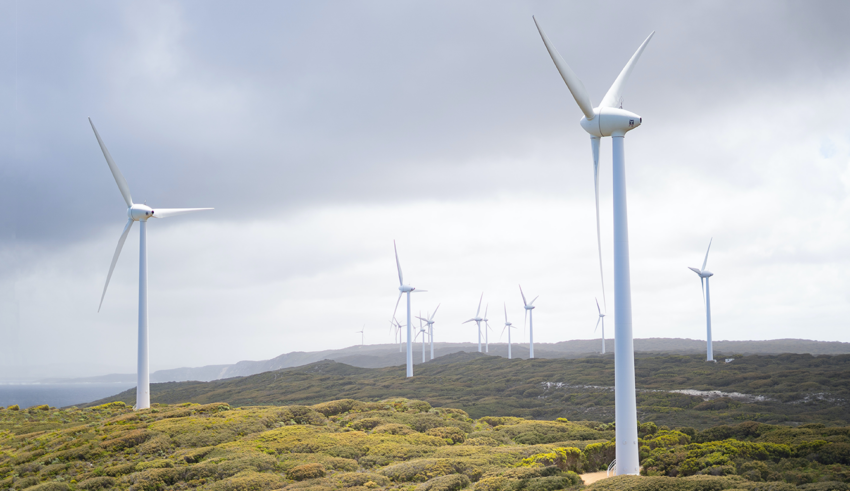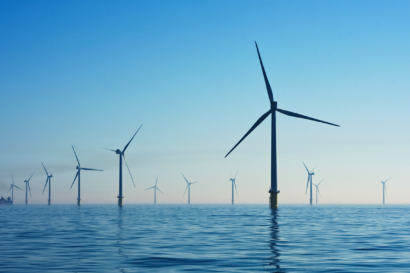REPORTS & BRIEFINGS | 02/08/2019
Building a competitive, net zero emissions and climate-ready economy

Sustainable is competitive – the case for a zero carbon economy
Well-developed, ambitious and properly enforced environmental regulations make good economic sense, and can have positive ripple effects across the economy, in the form of increased investment in skills, research and innovation, as well as market and job creation. They can also benefit the economy through the creation of new export opportunities in environmental goods and services. This has been well-illustrated recently in the construction, automotive and waste industries, where the implementation of environmental regulations acted as a catalyst to growth.[1]
Currently, low carbon businesses have a direct and indirect combined turnover of £79.6bn, directly employing 396,200 people.[2] The low carbon and renewable energy sector grew by 5% in 2016, while the rest of the economy grew by only 1.8%.[3] Under the previous 80% emissions reduction target, it was estimated that the UK low carbon economy could grow from around 2% of UK Total Output in 2015 to up to around 8% by 2030, and around 13% by 2050.[4[ These benefits could become more pronounced under the UK’s new net zero target. In addition, business trials that the Aldersgate Group was recently involved in show that the move to a more resource efficient economy can have significant positive impacts on the UK economy and deliver an increase of up to £76bn in Gross Value Added by 2030, whilst also improving resource security.[5]


